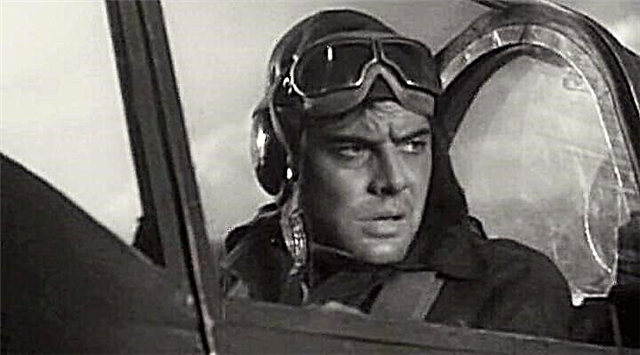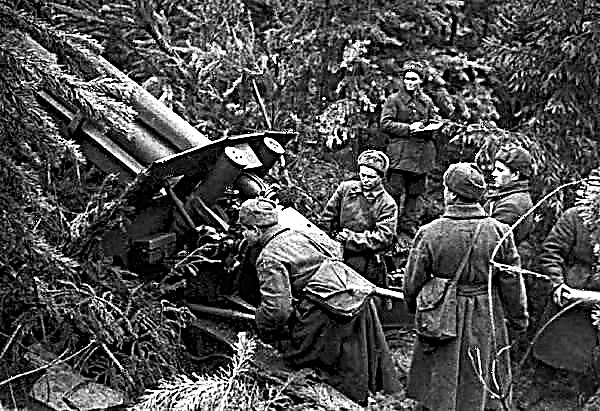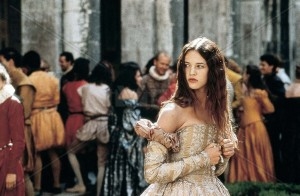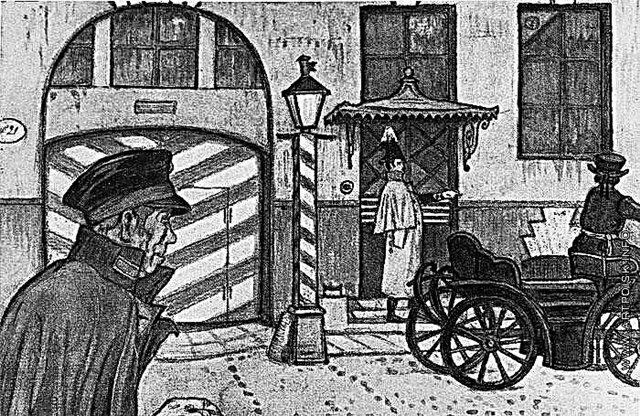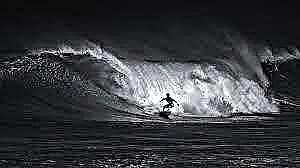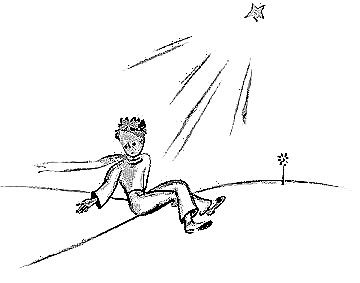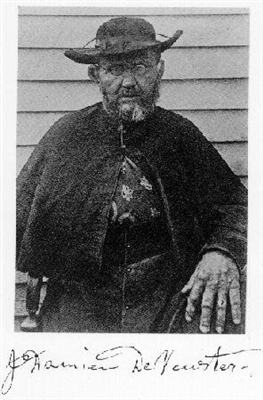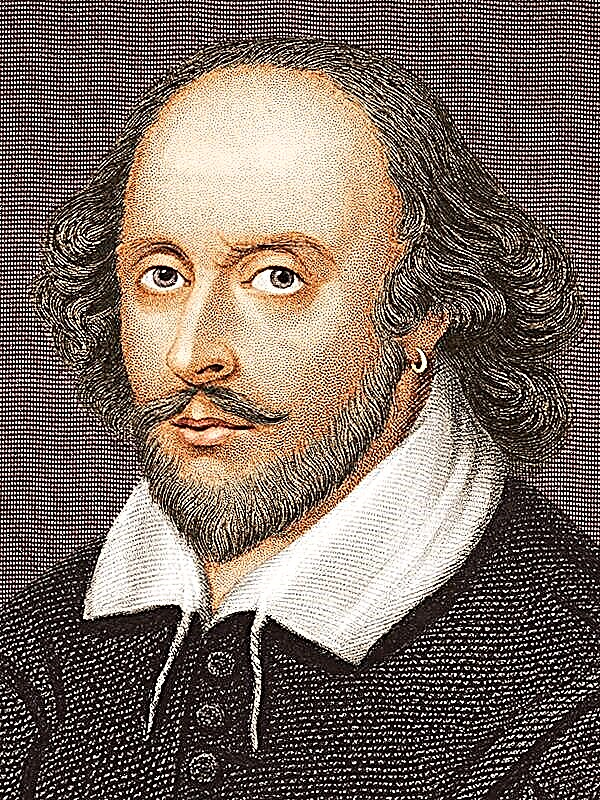1942 Wesley Jackson, an eighteen-year-old resident of San Francisco, drafted into the army. He loves the song "Valencia", reads and thinks a lot. His parents divorced a long time ago. Mom with his younger brother Virgil left for relatives, and where is his father, Wesley does not know. Wesley writes a letter to Mrs. Fawkes, a Sunday school teacher in San Francisco, describing her life in the nine years that they have not seen. A month later, a letter arrives from the priest of his church, which, in addition to reporting the death of Mrs. Fawkes, states that Wesley has a talent for writing. The priest urges Wesley to continue in the same vein: "Write, my boy, write." Wesley writes a story in which he describes everything that happens to him in the army.
Wesley does not want to serve in the army. He does not like army orders, when for the slightest violation of petty boring rules, which are also so easy to break, they threaten the death penalty or outfit out of turn. Wesley with a friend Harry Cook caught the eye of the colonel and one civilian who turned out to be a journalist. The journalist is interested in their attitude to the army. Private Cook honestly replies that he does not like the army, and leaves. Wesley, wanting to justify his behavior, tells the colonel that Harry is upset because of his mother’s serious illness.
The colonel, in order to prove himself a good fellow and get into the newspaper, orders to give Private Cook leave and send along with Private Jackson as an escort home to Alaska.
Five days pass and army days come again: drill, guards, watching educational films, from time to time some kind of entertaining evening with compulsory attendance and, of course, dismissal.
Mid-December 1942. Wesley Jackson is completing basic combat training, and he is sent to further serve in New York. Wesley says goodbye to friends, found in a military camp, and takes the train. A trip to New York across America, lasting two weeks, is one of the most wonderful events in Wesley's life.
Wesley celebrates Christmas in New York, receiving pneumonia as a Christmas present.
The end of January 1943. Wesley leaves the military hospital and gets acquainted with the new duty station. The new part consists mainly of people with connections, with the situation - representatives of the world of cinema (the Universel film company, Columbia Pictures, etc.). All the black work in the company is carried out by ordinary people like Wesley Jackson. They are forced to put up with this, intimidating by sending them to the front in North Africa or the Pacific Ocean.
Wesley meets a very modern woman in a bar, escorts home and stays with her until the morning. They begin to meet. Thanks to her, Wesley discovers Brahms' music.
Suddenly, a father appears - Jackson Sr. Wesley tells him about everything that happened to him over the past year. The father approves Wesley’s desire to find a girl, marry and have a son.
Wesley neatly corresponded with his friends who had fallen into other garrisons, knowing from experience that letters to a soldier meant more than anything other than demobilization and returning home. Wesley graduates from the school of military administration, where they study topography. He receives a desk with a typewriter and begins to print various notices and reports for his sergeant.
Wesley is sent to the military part of Ohio, where he goes with his father.
He gets acquainted with a real writer and writes at his request and instead of his first script.
Suddenly, as always, the father disappears. Finding him Wesley wanders through the snow in the night city. He meets a sweet woman who sings “Valencia” - the favorite song of Wesley and his father. She invites him to her house, where he spends the rest of the night. The woman rescues Wesley from arrest for unauthorized absence, and later helps to return to her unit in New York.
Wesley reads his “Letter to the Father,” published without his knowledge in the New Ripublic magazine, and does not know if he wants to become a writer.
On September 25, 1943, Private Jackson celebrated his nineteenth birthday, carving his initials on the hand of the Statue of Liberty.
In early December, Wesley Jackson leaves for special training in New Jersey. Later, he gets on a ship, sets sail, and lands in England.
Wesley sees the bombed-up residential areas of London, families living underground, and joins the science of air defense.
Wesley walks around the city and meets the girl of his dreams. Gil Moore is not yet seventeen years old. She just arrived from Gloucester. She ran away from home because she could not get along with her mother, and her father died. She has no money, she goes to Piccadilly, and the first soldier to whom she turns is Wesley Jackson.
Wesley and Gil get married. After some time, Wesley learns that he will be a father.
On June 6, 1944, the invasion of Europe began. Wesley leaves for the front. Finally, the war comes to him.
Performing another combat mission, Wesley unexpectedly is captured by the Germans.
Private Jackson is in a prison camp. He sees there a lot of funny and amazing, beautiful and disgusting.
On the first of September, Wesley, like other prisoners of war, discovers that he is free, since the German guards fled. Loaded with food, he sets off, hoping to find his part. On the way, Wesley discovers that his detachment fulfilled his assignment and returned to London. After a long ordeal, Wesley finally gets the opportunity to return to her unit in London.
He sees with horror that the house in which he lived with Gil does not exist - the whole street is in ruins. Wesley asks God to keep Jill alive. And then she finds out that she is alive and now lives with her relatives in Gloucester. Wesley immediately goes there, and they again find each other.

